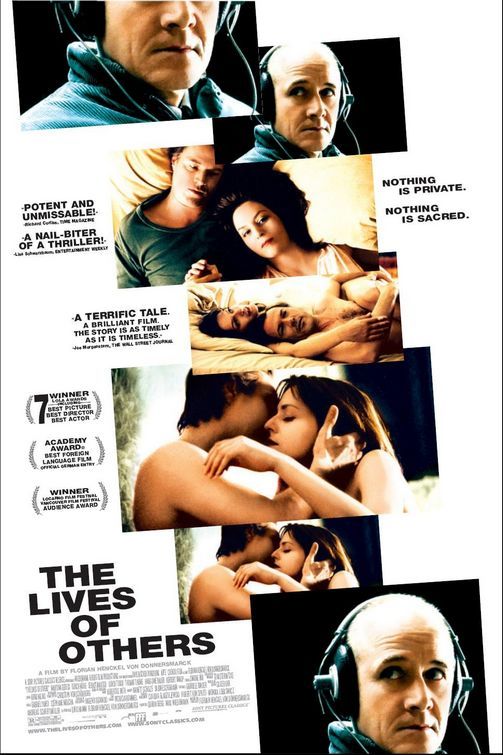 Cinema of late has been plagued by an epidemic of absolutism – what you see is what you get (no need to exercise your imagination during the show). Such has long been the case with condescendingly force-fed narratives that assume no sentient life to be present in the audience, but more recently have styles themselves been forgetting just how much an active audience is capable of contributing to the viewing experience. Paul Greengrass, for all of his genuinely good, pro-human intentions, has long been near the top of this pile with his trademark “shakicam” style – a deliberate choice meant to simulate reality, echoing television trends and assuming the real world to be a non-stop rollercoaster one is likely to fall off of if they’re not strapped in. The intended effect is one of greater involvement for the viewer, but instead, the reckless excessiveness of it all erects an impassable emotional barrier.
Cinema of late has been plagued by an epidemic of absolutism – what you see is what you get (no need to exercise your imagination during the show). Such has long been the case with condescendingly force-fed narratives that assume no sentient life to be present in the audience, but more recently have styles themselves been forgetting just how much an active audience is capable of contributing to the viewing experience. Paul Greengrass, for all of his genuinely good, pro-human intentions, has long been near the top of this pile with his trademark “shakicam” style – a deliberate choice meant to simulate reality, echoing television trends and assuming the real world to be a non-stop rollercoaster one is likely to fall off of if they’re not strapped in. The intended effect is one of greater involvement for the viewer, but instead, the reckless excessiveness of it all erects an impassable emotional barrier.Condolences to viewers physically affected by his faux-verité – I was thankfully not among them. A better word to describe his queasy persistence would be annoying, like a forum user who lays on the caps lock key as if to bolster the strength of their argument. Like virtually any style, it is one effective when meted out properly; the openings of both Saving Private Ryan and 28 Weeks Later incorporated such jittery cinematography on a purely organic level, henceforth knowing when to hold a steady shot and when to lessen the distance to the visceral action. Greengrass’ constant indulgence masks even his best showcasings moot. The Blair Witch Project used a similar aesthetic but on purely logical and necessary grounds. The Bourne Ultimatum operates externally, not internally, and in doing so mistakes confusion for titillation; it slice-n-dices its action so much that it’s impossible to tell how much of worth was actually there to begin with. Zzzzzzzzz.
Even so, it must be said that the film is a competent one and a noticeable improvement over the intolerable Bourne Supremacy, though one gets the notion that the story has all but sputtered out its gears by this third entry – not a problem unto itself, but a damning one given the emotional void of the previous film and the shallow excitement this one rides upon. Damon is an effective enough action hero, deserving of a more self-reflexive film to work in (here, David Strathairn takes top acting chops as the villainous CIA agent Noah Vosen), though with this film the almost-nonstop action only seems to be staying off the obvious and the inevitable. The ultimate conclusion is neither surprising nor clever, except perhaps to anyone who found V for Vendetta’s puerile governmental misgivings total mind-blowing. Greengrass’ gimmicky sequels don’t bring us closer to Bourne by humanizing him – they do it by means of lobotomizing our own better instincts.

